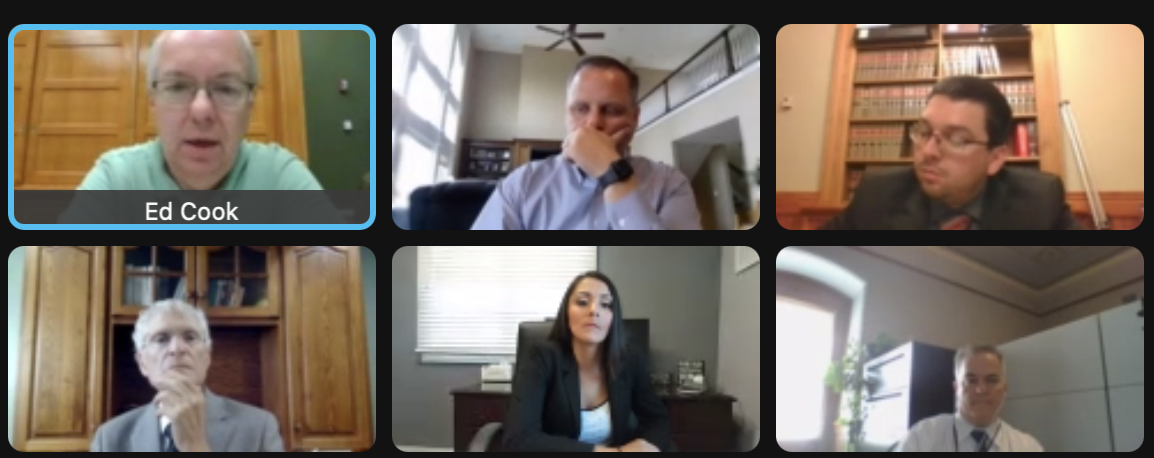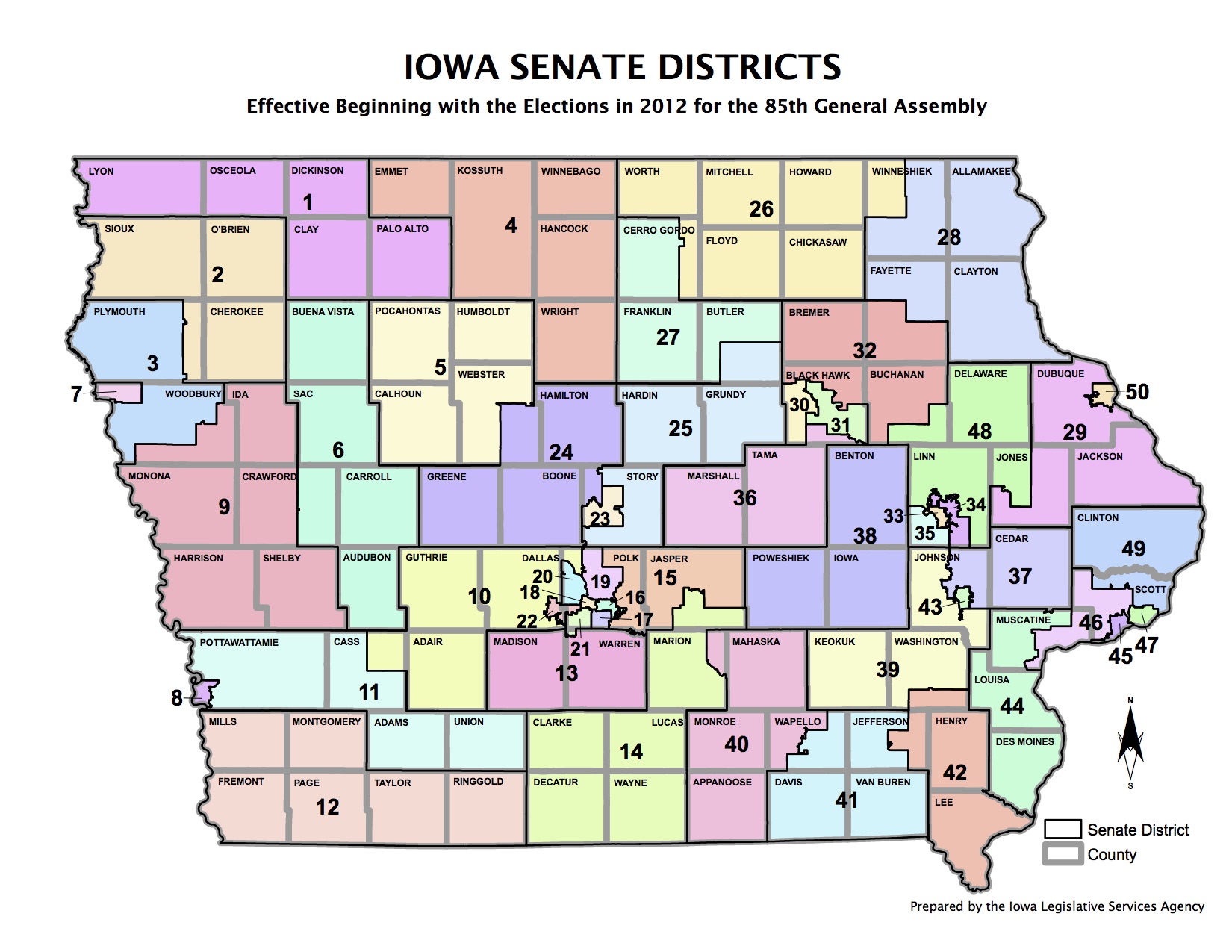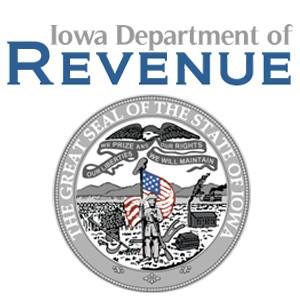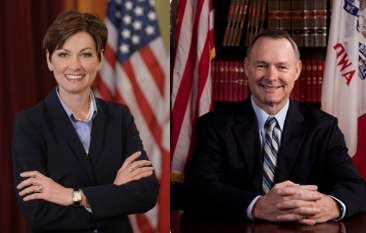Iowa would be exempt from one part of a wide-ranging election reform bill the U.S. House approved on March 3 on a mostly party-line 220 to 210 vote. This document explains each section of H.R.1, also known as the For the People Act. In her explainer for Vox, Ella Nilsen provided bullet points on the main provisions, which fall into three broad categories: “expanding voting rights, implementing campaign finance reform, and beefing up ethics laws for members of Congress.”
The bill won’t advance in the U.S. Senate unless Democrats limit the use of the filibuster, which at least two senators now oppose. But if they come around, President Joe Biden has indicated he would sign the bill.
H.R. 1 would ban partisan gerrymandering for federal elections, requiring states to use independent redistricting commissions to draw Congressional districts instead. Representative Cindy Axne (IA-03) successfully advocated for language that would allow Iowa to keep the nonpartisan process used here since 1981.
Continue Reading...









